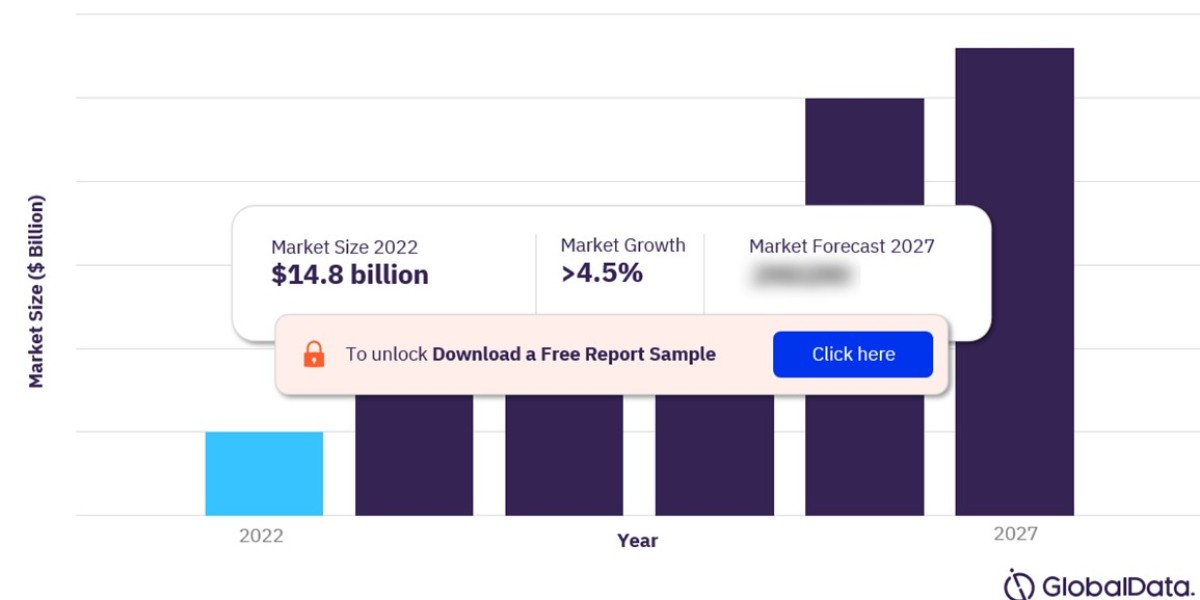Saudi Arabia, a key player in the Middle East, has been witnessing rapid advancements in its telecommunications sector. With a booming economy, a tech-savvy population, and a government keen on digital transformation, the Saudi telecom services market is poised for significant growth. This article explores the current landscape, key players, trends, and future prospects of the telecom services market in Saudi Arabia.
Market Overview
The Saudi telecom market is one of the largest in the region, characterized by high mobile penetration, increasing internet usage, and a growing demand for advanced telecom services. The market includes a mix of established telecom operators, emerging players, and a dynamic regulatory environment that fosters innovation and competition.
Key Players
- Saudi Telecom Company (STC): As the leading telecom provider, STC holds a significant market share, offering a wide range of services including mobile, fixed-line, and broadband internet.
- Mobily: A major competitor to STC, Mobily provides extensive mobile and internet services, catering to both individual and business customers.
- Zain Saudi Arabia: Known for its competitive pricing and innovative offerings, Zain has carved a niche for itself in the Saudi market.
- Virgin Mobile Saudi Arabia: An emerging player, Virgin Mobile focuses on the younger demographic with flexible and cost-effective mobile plans.
Market Trends
1. 5G Deployment
Saudi Arabia is at the forefront of 5G deployment in the Middle East. The government, in collaboration with major telecom operators, is investing heavily in 5G infrastructure. This technology promises faster internet speeds, lower latency, and the potential to drive innovations in various sectors, including healthcare, education, and smart cities.
2. Internet of Things (IoT)
The IoT market in Saudi Arabia is gaining momentum, with telecom operators exploring new opportunities in smart homes, industrial automation, and connected vehicles. IoT solutions are expected to drive significant growth in the telecom sector, creating new revenue streams and enhancing customer experiences.
3. Digital Transformation Initiatives
Under the Vision 2030 initiative, the Saudi government is prioritizing digital transformation across all sectors. This includes enhancing digital infrastructure, promoting e-government services, and encouraging the adoption of digital technologies among businesses and consumers. Telecom operators are playing a crucial role in supporting these initiatives.
4. Rising Demand for Data Services
With the proliferation of smartphones and the increasing popularity of streaming services, the demand for high-speed data services is surging. Telecom operators are expanding their network capacities and offering competitive data plans to cater to this growing demand.
5. Focus on Cybersecurity
As digital services expand, cybersecurity has become a critical concern. Telecom operators in Saudi Arabia are investing in advanced security solutions to protect their networks and customer data. This focus on cybersecurity is essential to maintain consumer trust and support the growth of digital services.
Challenges
Despite the promising growth prospects, the Saudi telecom services market faces several challenges:
- Regulatory Hurdles: Navigating the regulatory landscape can be complex, with frequent changes in policies and compliance requirements.
- High Competition: The market is highly competitive, with operators constantly vying for market share, leading to pricing pressures and the need for continuous innovation.
- Infrastructure Costs: Building and maintaining advanced telecom infrastructure, particularly for 5G, requires significant investment. Balancing these costs with affordable pricing for consumers is a challenge.
Future Prospects
The future of the Saudi telecom services market looks bright, driven by technological advancements, supportive government policies, and a growing appetite for digital services. Key areas to watch include:
- Expansion of 5G Services: As 5G coverage expands, it will unlock new possibilities in various sectors, fostering innovation and economic growth.
- Growth of Smart Cities: Initiatives to develop smart cities like NEOM will create demand for advanced telecom services, including IoT, AI, and big data analytics.
- Enhanced Customer Experiences: Telecom operators will continue to focus on improving customer experiences through personalized services, advanced support systems, and innovative product offerings.
- Sustainable Practices: There will be an increasing emphasis on sustainability, with telecom operators adopting eco-friendly practices and technologies.
To gain more information on Saudi Arabia telecom services market forecast, download a free sample







